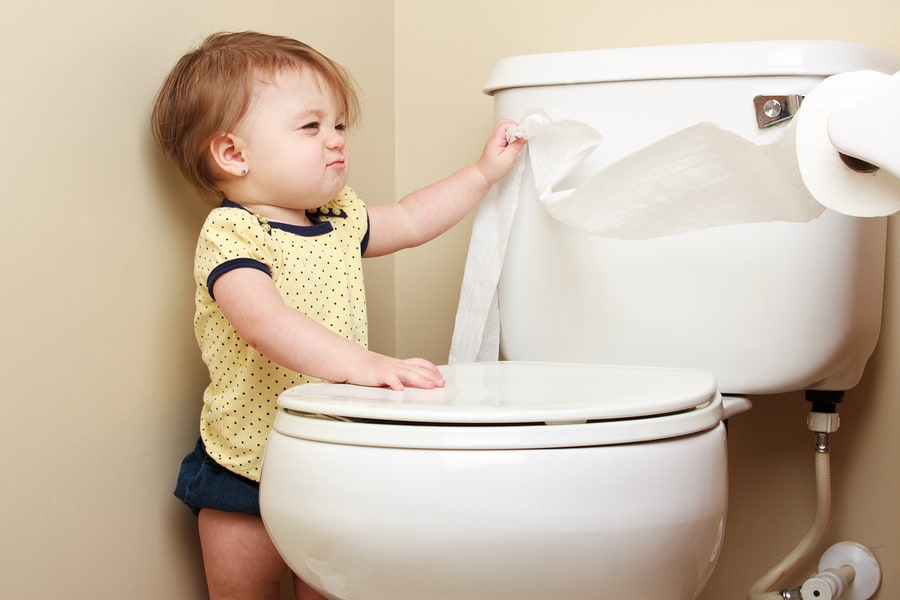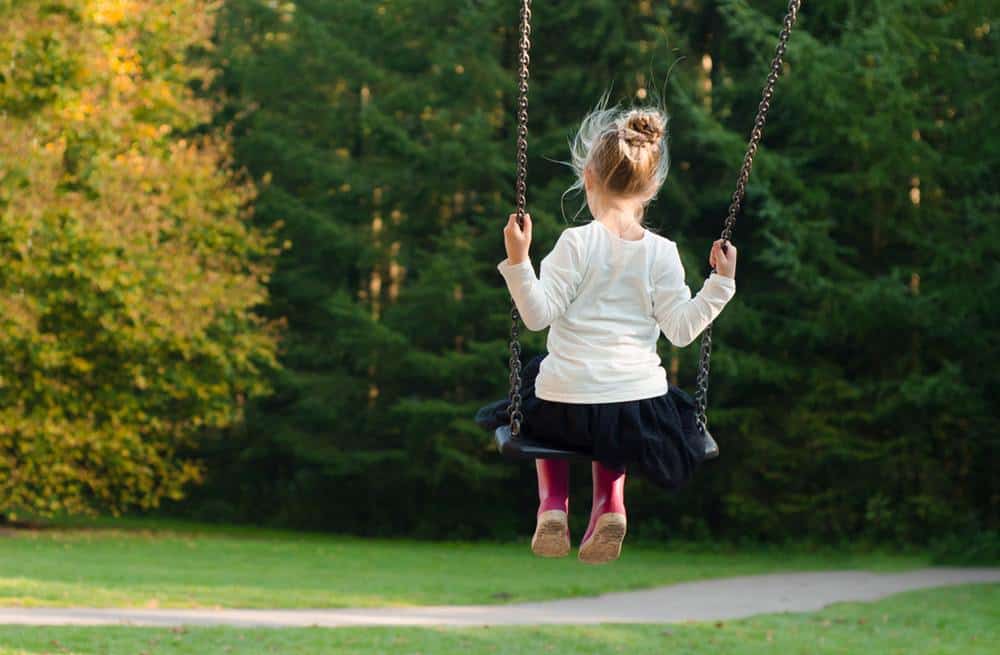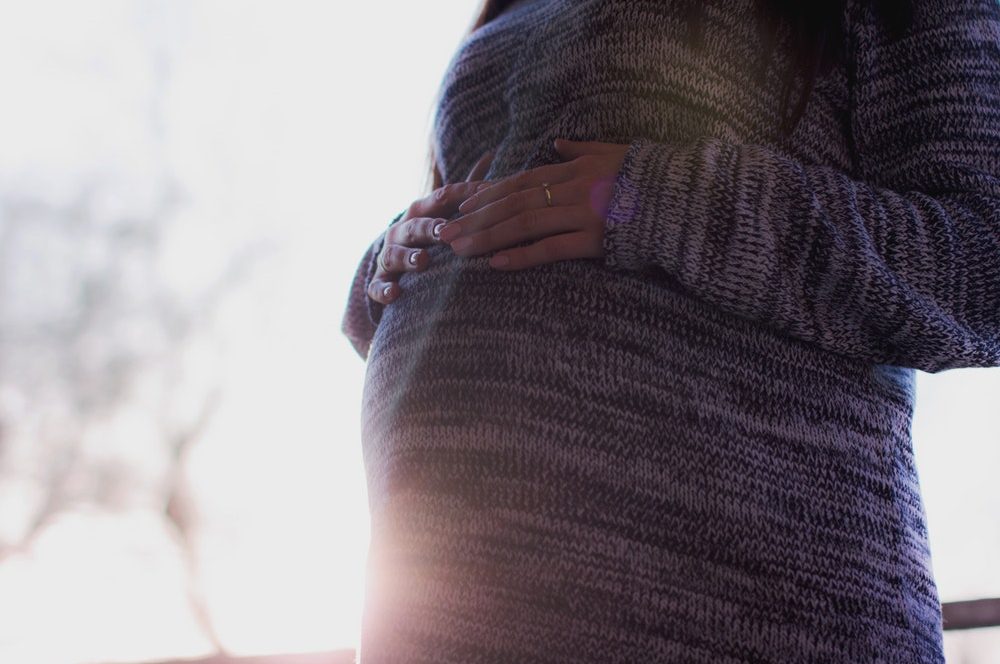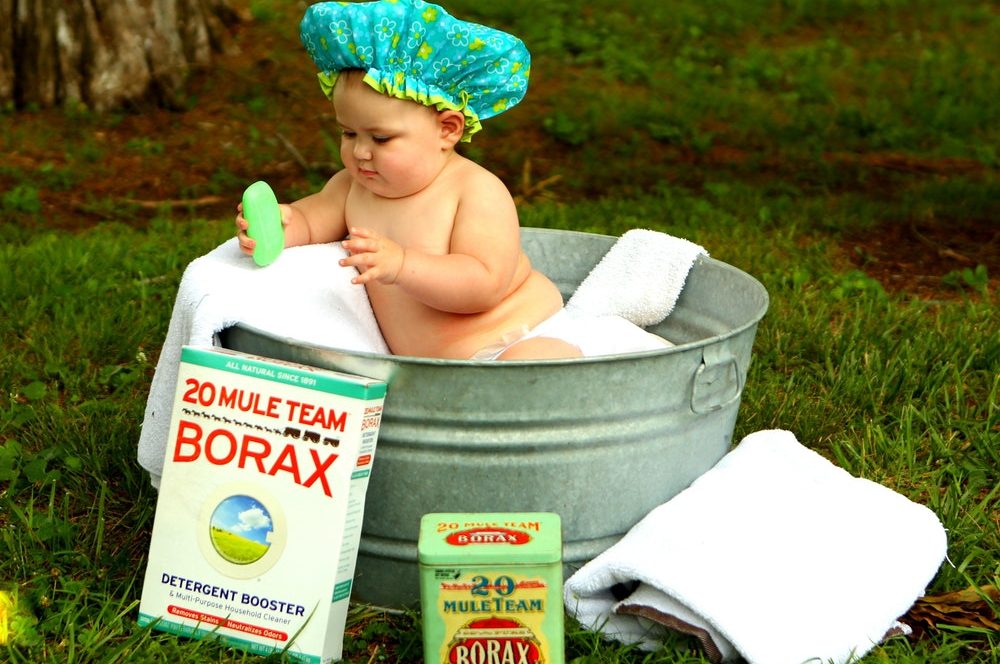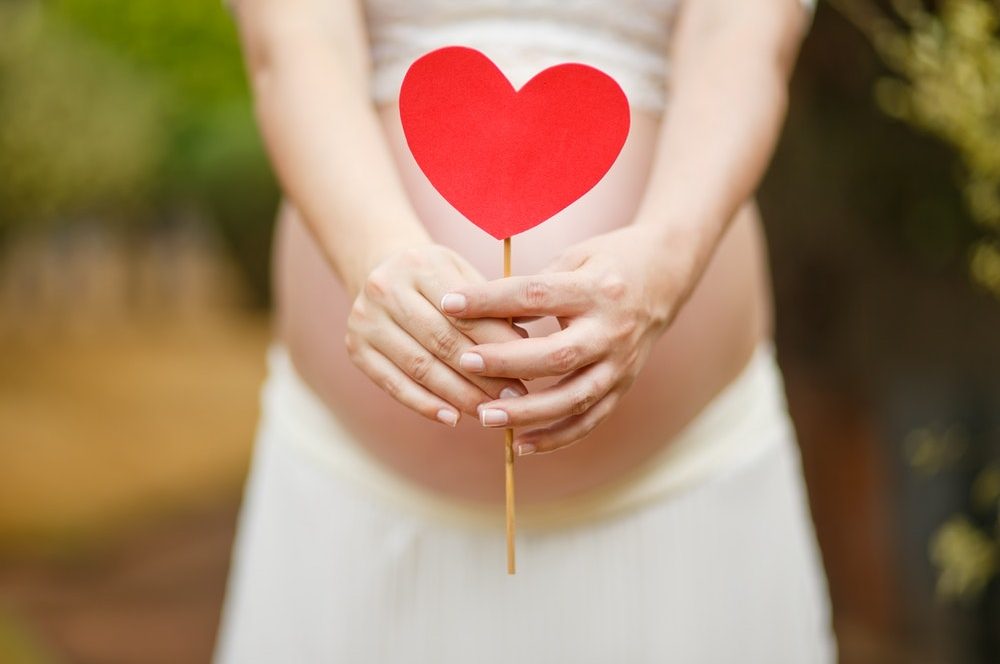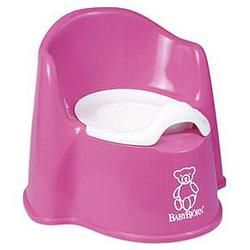 Are you ready to do the “Potty Training Dance”? Or, maybe the question is: is your toddler ready to do the “Potty Dance”? There is controversy on every step of potty training, from whether or not to use pull-ups to when your child is ready to start. Everyone has their own advice on how to potty train your child, however it is you, and essentially your child, who will make the decision on when, where and how the potty training process will happen.
Are you ready to do the “Potty Training Dance”? Or, maybe the question is: is your toddler ready to do the “Potty Dance”? There is controversy on every step of potty training, from whether or not to use pull-ups to when your child is ready to start. Everyone has their own advice on how to potty train your child, however it is you, and essentially your child, who will make the decision on when, where and how the potty training process will happen.
For those urban chic mommies who detest the label of “soccer mom,” don’t despair. It isn’t a dirty word, after all. A soccer mom is a mom who is involved in their kids’ lives, and the trademark minivan just makes that easier. There is a bit of a darker connotation to the term, though. It has replaced the term “yuppie” in our cultural vocabulary. There are also a lot of expectations of moms nowadays, and a soccer mom is one who is always on top of everything, supposedly, who makes all the other “normal” moms look bad.
Are you apprehensive about those springtime sniffles? Wondering about that slight wheeze your child exhibits? Is it the common cold or something more? From peanuts to pets, eggs to airborne culprits, allergens cause trouble for millions of children each year. Before we get to the signs that your child might have allergies, let’s discuss exactly what allergies are.
What Are Allergies?
In basic terms, an allergy is when the immune system overreacts to matter that is normally harmless to humans. When a person with an allergy comes in contact with the particular matter, the immune system reacts like that substance is an intruder. This can lead to symptoms that start at merely annoying and range to extremely harmful for the allergic person.
The immune system will then produce antibodies in an effort to guard the body. Chemicals are released throughout the body via the bloodstream to shield away the intruders, creating the allergic reactions such as itchy eyes, sniffling noses, coughing and wheezing.
Signs of Allergies in Children
1) One of the first signs that your child might have allergies is their gene pool. If either parent has allergies, there is a good chance that a child will develop allergies, too. There is no rhyme or reason as to which allergies your child will have or when they will develop them, though. The fact that a parent has allergies basically means that it is probable that their child will have allergies, too.
But, this doesn’t eliminate children with parents who do not have allergies. For some reason, even children with parents who do not exhibit allergies can be allergic to different types of matter. In addition, there is a good chance that if a child is allergic to one thing, they can have other allergies, too
2) If your child experiences abdominal pain and/or vomiting directly after eating, it could be a sure sign of food allergies. Food allergies tend to occur rather rapidly, sometimes within minutes of consumption of the food. Symptoms can also include a rash and diarrhea. Be sure to document which foods your child has eaten (and possible ingredients) prior to getting sick.
3) Another sign of allergies is the more obvious shortness of breath, wheezing and labored breathing. A persistent cough that is accompanied by cold-like symptoms can also be an indication that your child has allergies or asthma. Although the above warning signs can be a precursor, you will want to discuss these symptoms with your child’s pediatrician and keep a journal that documents when and where the issues pop up. This will help to both diagnose and treat your child accurately.
4) Eczema, a scaly, dry and itchy rash on the skin, can signify that your child has allergies and is quite often the result of a food allergy. A skin test at the pediatrician’s office can reveal more information about the pesky rash.
As mentioned above, if you suspect that your child has an allergic reaction or shows persistent or recurring signs or allergies, a trip to the pediatrician may be in store. Be sure to bring any journals that you have kept and pertinent information that can help your child’s pediatrician diagnose and treat the problem.
– BC
Sorry, moms-to-be, being pregnant doesn’t mean you can’t use cleaning products. (i.e. You can’t use pregnancy as an excuse to hire a maid—unless you just want to) In years past, cleaning products were much harsher and more dangerous than they are now, but that doesn’t mean that everything is safe or recommended for use while pregnant. Luckily there are lots of options out there to choose from. Here are some helpful tips for knowing what cleaning products are safe to use during pregnancy.
One of the chief joys of being a new mom is giving your baby a bath. There’s something delicious about a slippery, soapy newborn, and there is nothing better than the smell the top of a freshly-bathed baby’s head. However, bathing your babe for the first time at home, away from the experienced hands and eyes of nurses, can be nerve-wracking for inexperienced mothers. Here are some helpful hints on how to give your newborn baby a bath
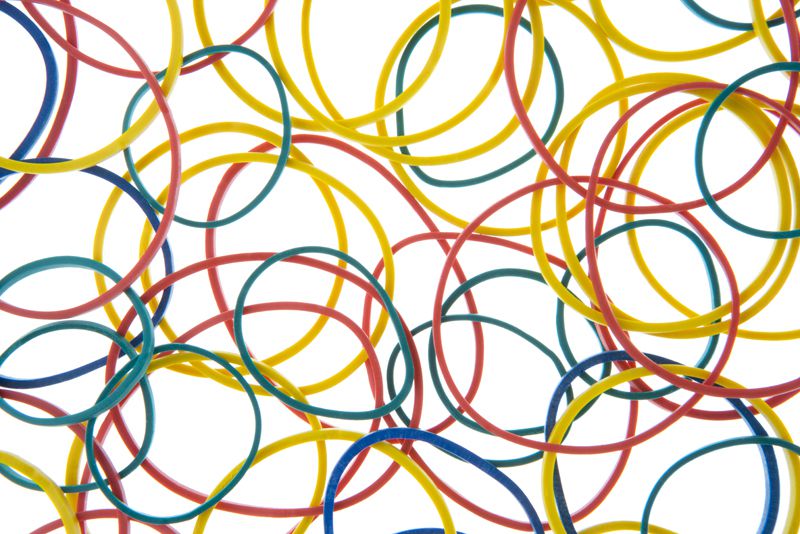 Every pregnant woman is highly attentive to their bodies, often worrying about every twinge as a sign something might not be wrong, or confused about whether what they are experiencing is normal. One symptom almost every pregnancy features is Braxton Hicks contractions. But what do Braxton Hicks Contractions feel like?
Every pregnant woman is highly attentive to their bodies, often worrying about every twinge as a sign something might not be wrong, or confused about whether what they are experiencing is normal. One symptom almost every pregnancy features is Braxton Hicks contractions. But what do Braxton Hicks Contractions feel like?
Every woman waits breathlessly for that moment when they finally, definitely, feel their baby kick or move within them. Being pregnant, especially for the first time, is full of scary and amazing experiences, and that is one of them. There is something magical about knowing that the new life you knew was percolating in there has finally expressed itself in a way you can’t doubt. Every mom to be will eventually ask – when will I feel the baby kick?
Every mom knows that a baby’s belly just begs to be kissed. No diapering or outfit change should go without a quick nuzzle, especially in the adorable little cup of their navel. But moms of newborns frequently look at their infant’s still-healing navel stump and go, “Ew! What do I do with that?” Although it may look gross and intimidating, don’t be afraid. Taking care of the umbilical cord is easy, and thankfully, it doesn’t take long until your baby’s tummy looks just like you’re accustomed to seeing on everyone else’s babies.
Is it Safe to Dye Your Hair While Pregnant? According to all the information we have at hand, yes, it’s perfectly safe for you to get your roots touched up with hair dye while you’re expecting. Please! No one should look like a skunk in their post-birthing pictures! Based on the data which OTIS (Organization for Teratology Information Services) has gathered over years of research, modern hair treatments, including dyes and bleaches, are low in harmful chemicals. So go get thyself pretty: this includes perms, chemical relaxers, highlights, etc., although to be ultra-safe you might want to wait until after the first trimester to do full-head treatments, to minimize absorption of any chemicals through the scalp. Scientists and stylists alike agree, the chance of any of these processes actually hurting you or your baby are extremely minimal.
The aestheticians polled for this question said the biggest risk in having your hair colored while pregnant is that the hormones running rampant through your body might influence the absorption of the dye in your hair shaft, meaning the color might come out a bit different than expected. The chances of a botched dye-job can be diminished by getting your beautification done at a salon by a professional, rather than at home with a box and a pair of gloves. Those people paid money to learn how to do hair in the best and most technically correct ways—you standing at your kitchen sink and struggling to get the back of your head to match the front is neither the best nor technically correct way to color your hair. You’ve been warned!
Is Sushi Safe While Pregnant?
Sorry, my harajuku girls who love their sashimi, but you gotta lay the chopsticks down for a few months until that bun’s done in the oven. (At least for some kinds of sushi, that is.)
Why isn’t sushi safe while pregnant?
According to OTIS (Organization for Teratology Information Services), raw fish can contain parasites and bacteria which a normal body can easily fight off but which a pregnant mom’s suppressed immune system might not be able to deal with. Also, some larger fish such as mackerel, salmon and tuna have high levels of mercury and other heavy metals, depending on where the fish was obtained (farmed fish have higher concentrations than wild-caught fish), which are very dangerous for a developing brain.
There could also be issues with cleanliness in the storing, preparation and service of raw foods. Although the chances of any of these issues troubling you in particular are extremely low, it’s always best to err on the side of caution when it’s not just your health on the line.
However, all is not lost, my little sushi addicts: a California roll is still perfectly safe, as are rolls made without fish or with cooked seafood. So enjoy what you can while you’re pregnant, and rest easy in the knowledge that you’re making the best decisions for you and your baby. Many meat teryaki rolls, tempura and veggie rolls are available. Swap the white for brown rice and you’re even better off. The seaweed wraps are filled with anti-oxidents and goodness and there are plenty of non-raw choices in most restaurants. So enjoy what you and and put the spicy tuna on your wishlist for the first post-birth feast!

